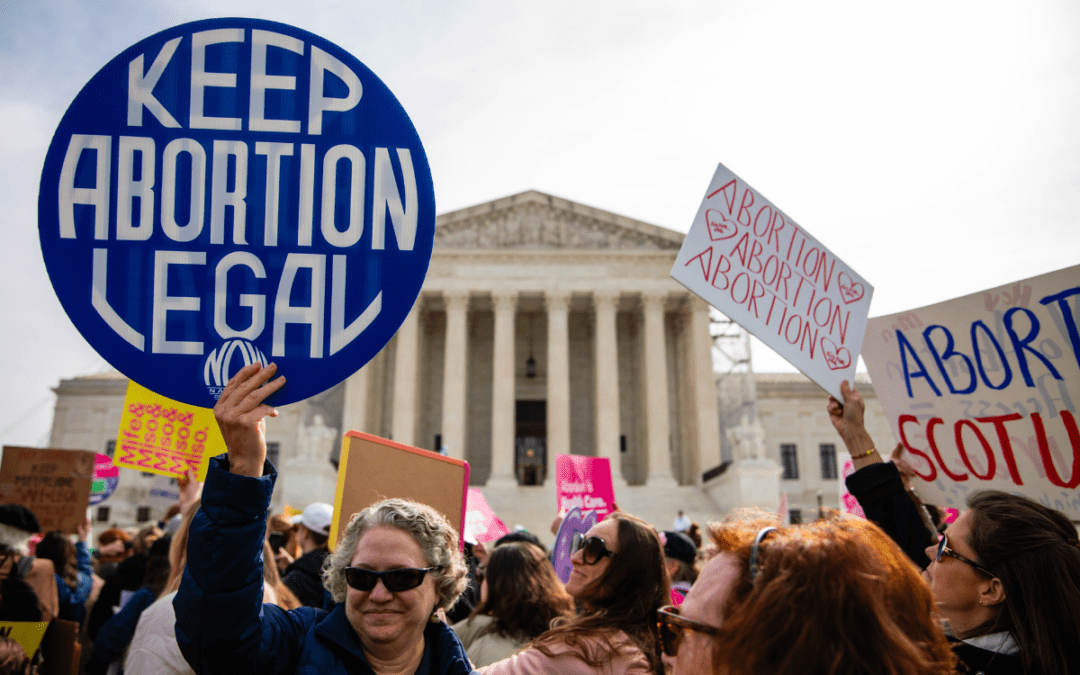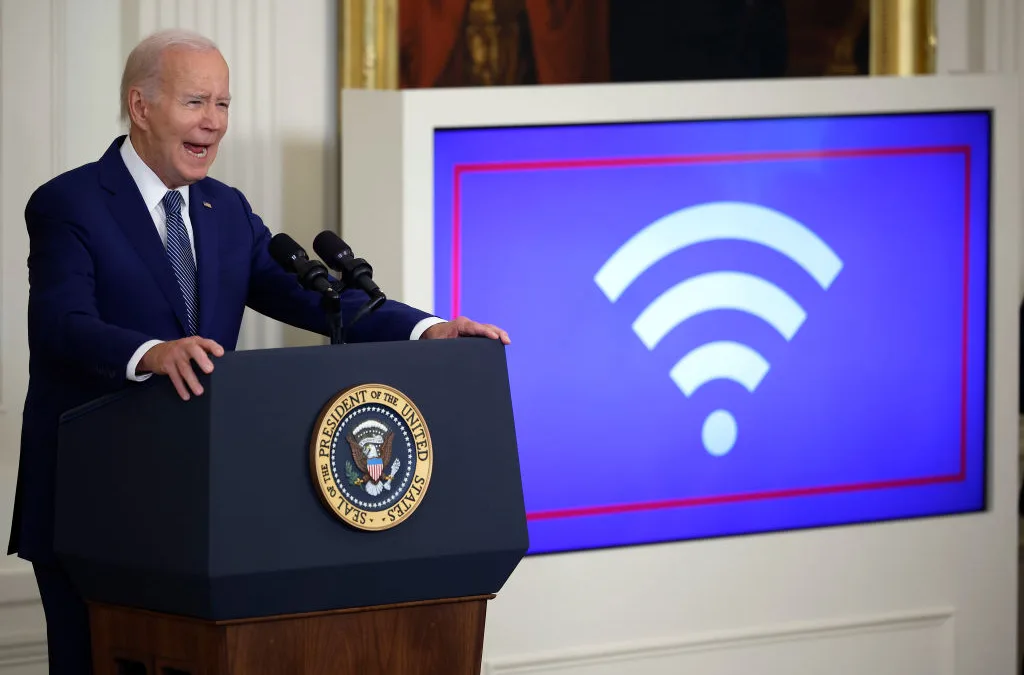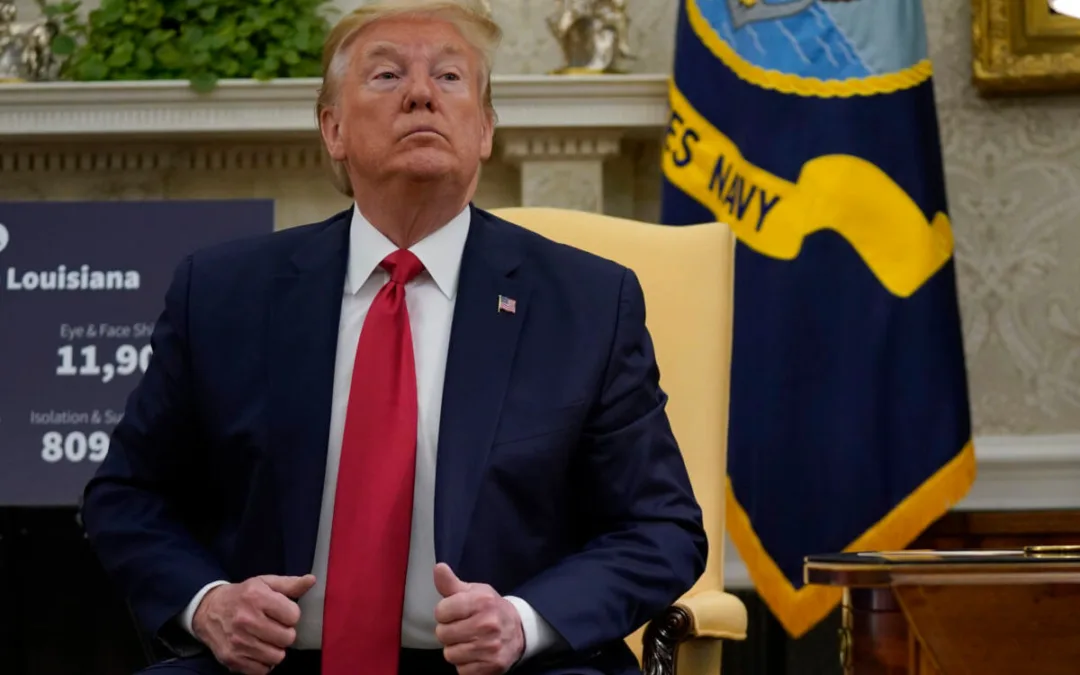
Image courtesy of subject, graphic via Tania Lili for COURIER
Hamida Dahir, a student at the University of San Francisco, said the policy would marginalize students who are here legally, forcing them to choose between their education and their health.
Update 7/15/20: The Trump administration on Tuesday reversed course, announcing it would abandon its heavily criticized plan to require international college students to leave the United States if they participated in online-only classes.
Following the footsteps of millions of other young students from across the world, Hamida Dahir moved to the United States in August 2019 to study at an American university.
Dahir, who is 25, left her native country of Kenya to attend the University of San Francisco, where she’s working toward obtaining a Master of Arts in Migration Studies. Her plan was to graduate in May 2021, find employment in the U.S. and gain experience for a few years, and then return to Kenya to work with refugees and migrants.
On Monday, Dahir’s plans—and those of the more than 1 million other international students studying in the U.S.—were thrown into turmoil when U.S. Immigration and Customs Enforcement, better known as ICE, announced a new rule targeting their presence in the United States.
Under the rule, students on F-1 and M-1 nonimmigrant visas, which allow international students to pursue academic and vocational coursework, respectively, will be forced to leave the country or risk deportation if their colleges and universities transition to online-only courses because of the coronavirus pandemic. New students who are currently abroad but were planning to come to the U.S. for the fall semester will also be denied visas if they are enrolled in fully online programs.
For students like Dahir, this means that the only way they can legally remain in the U.S. is if their schools mandate in-person learning or a hybrid-model, mixing in-person and online courses.
“If we were to go fully online, I would have to literally get [an airplane] ticket and go back home,” Dahir said. “This would be quite confusing and disorienting, not only in terms of continuing my education, but also my financial situation, having just signed a lease for the second year of my residency.”
She called the rule “incredibly inhumane,” and said it would marginalize students who are here legally, forcing them to choose between their education and their health, as well as the health of others. “Either you risk going back to school and endangering the safety and health of students and faculty, or you have to go and leave the country, which I think is quite inconvenient and quite inconsiderate to be honest,” she added.
‘It Goes Against Everything Our Country Should Stand For’
The guidance represents the latest attempt by the Trump administration to gut the nation’s immigration system, an effort that has only accelerated during the pandemic. Since COVID-19 took hold in March, the federal government has barred many categories of foreign workers from entering the U.S. through the end of the year, decreased legal immigration, and largely banned migrants, including children, from seeking asylum at the southern border.
The administration even announced it would furlough 13,400 workers at U.S. Citizenship and Immigration Services, the nation’s legal immigration agency.
Those efforts have largely been criticized, and ICE’s latest guidance was met with similar backlash from students, professors, heads of universities, public health experts, immigration advocates and attorneys, and Democratic lawmakers.
“This policy is yet another cruel attempt by Donald Trump to point the finger at immigrants to distract us from his failure to lead,” the National Immigration Law Center said in a tweet. “It goes against everything our country should stand for and we won’t stand for it.”
“The rule doesn’t make a whole lot of sense to me,” said Bill Hing, a professor of Law and Migration Studies at University of San Francisco. Dahir is one of his students.
The rule, which comes amid a growing pressure campaign from President Donald Trump aimed at forcing schools and universities to reopen, has “thrown our education system into chaos right now,” according to Greg Siskind, an immigration attorney based in Memphis, Tennessee.
RELATED: Trump Pressures Governors to Fully Reopen Schools Even as Coronavirus Surges—Or Else.
Hing and Siskind both noted that the guidance was complicating an already difficult situation. Universities have struggled with how to best navigate the pandemic, and the new rule amounts to pouring gasoline on a three-alarm fire. Some schools, such as Harvard, have decided to keep all courses online, but may now have to re-evaluate their plans. Harvard University President Larry Bacow was among those to criticize the rule, calling it “illegal” and “bad public policy.”
“The order came down without notice—its cruelty surpassed only by its recklessness,” Bacow said in a statement on Wednesday. “It appears that it was designed purposefully to place pressure on colleges and universities to open their on-campus classrooms for in-person instruction this fall, without regard to concerns for the health and safety of students, instructors, and others.”
One Harvard student from Belarus has already reportedly been barred from entering the country.

This ‘Untenable Situation’ Heads to the Courts
Harvard, which has approximately 5,000 international students who could be affected by the rule, joined the Massachusetts Institute of Technology on Wednesday in filing a lawsuit against the Trump administration, seeking to block the guidance.
The lawsuit, filed in a Massachusetts federal court, argues that ICE’s decision puts schools across the country in the “untenable situation” of having to move forward with their plans to teach fully or largely online, or change course with just a few weeks’ time to “provide in-person education despite the grave risk to public health and safety that such a change would entail.”
The suit accuses the federal government of trying to force universities to reopen in-person classes and pack into dorms, even though it may not be safe or “educationally advisable” to do so.
“The effect—and perhaps even the goal—is to create as much chaos for universities and international students as possible,” the lawsuit reads.
California also sued the Trump administration over the rule on Thursday, arguing it could worsen the spread of COVID-19 to require students to attend in-person classes, harm students, and cause colleges to lose revenue. The lawsuit has the support of the leaders from the California State University and California Community Colleges system. The University of California has also separately announced plans to sue the Trump administration over the rule, which outgoing UC President Janet Napolitano called “mean-spirited, arbitrary and damaging to America.”
Kenneth Cuccinelli, the acting deputy secretary of the Department of Homeland Security, which oversees ICE, defended the order in an interview Tuesday with CNN, claiming the agency was giving students more flexibility and wasn’t forcing universities to reopen. He also said that the rule only applied to the fall and that students who were forced to leave could return once schools reopen.
“If they don’t reopen this semester, there isn’t a reason for a person holding a student visa to be present in the country,” Cuccinelli said. “They should go home, and then they can return when the school opens.”
A Series of Unreasonable Rules and Timelines
As of July 10, only 9% of 1,120 colleges tracked by the Chronicle of Higher Education are planning to operate online. Roughly 58% are planning for in-person instruction and 27% are proposing a hybrid model, but those plans remain fluid.
Dahir said she has been told by a program director at her university that they are working toward a hybrid model for the Migration Studies program, which is set to begin classes on Aug. 18.
Typically speaking, international students who are on F-1 visas—which is the majority of them—can only take one online class per semester as part of their full course load. As the COVID-19 pandemic took hold in March, however, ICE provided an exemption for online courses, allowing students like Dahir to take more online courses as schools were forced to shut down.
Monday’s rule reverses that regulation, even as the pandemic spirals out of control in much of the country. As of Friday morning, 133,291 Americans have died from COVID-19 and the number of infections has surpassed 3.1 million.
Under the new measure, the only alternative a student like Dahir, who is already in the U.S., would have if their program was entirely online would be to transfer to a school with in-person instruction—an implausible notion since most universities resume classes by the end of August.
“I don’t know if they have any understanding of what applying for a graduate degree looks like. You have months of preparation and applications and finding recommendation letters and transferring schools and transferring credits,” Dahir said. “The process of having to transfer and apply for new schools within a six-week period is almost impossible.”

Besides, many international students choose specific schools and specific programs.
“The migration studies program that I am in is one of a kind across the entire country and across the entire world,” Dahir added. Transfering to a different program would not only be inconvenient, she continued, but would also hinder her career goals.
The Harvard lawsuit also blasted ICE over the timeline for complying with the rule. The agency is requiring schools whose classes will be entirely online to submit an “operational change plan” by Wednesday, July 15, 2020—nine days after the change was announced, and before many schools have even finalized their plans.
The guidance will also force universities that adopt a hybrid model to certify for each student on an F1 visa that the “program is not entirely online, that the student is not taking an entirely online course load for the fall 2020 semester, and that the student is taking the minimum number of online classes required to make normal progress in their degree program.”
ICE is also requiring that universities submit a new I-20 form—a document issued to international students certifying their status—for every single F1 student by Aug. 4, a herculean task.
The lawsuit has a good chance of being successful, according to Siskind, the Memphis immigration attorney. He points to the fact that the initial ICE exemption in March said the provision allowing more than one online course would be “in effect for the duration of the emergency,” which is still ongoing.
“You said it was an emergency to create this exemption in the spring, why would you reverse it right now completely? And they haven’t given any explanation for it,” Siskind said. “If ICE hadn’t said anything in the spring and hadn’t done any kind of relaxation, it would be a different story, but they basically sent out a policy, they indicated that this was going to be the position of the government until this emergency is over, so to completely reverse it with almost no notice is something that is going to register with a Judge.”
Siskind doesn’t buy the Trump administration’s argument, either.
“The Trump administration is arguing that they should be allowed to introduce this rule as an emergency rule and not go through all the notice and comment period and jump through all the hoops that you have to go through when you make a policy change like this. That’s somewhat curious,” Siskind said. “You can make the argument [about] why it’s an emergency to allow online learning, but what’s the emergency to require in-person attendance in a class?”
The Guidance Hurts More Than the Students It Targets
Forcing international students out is also all but certain to hurt the American economy, both in the short and long term. International students studying at American colleges and universities contributed $414 billion to the economy and supported 458,290 jobs during the 2018-2019 school year, according to an economic analysis by NAFSA: Association of International Educators.
International students are also required to pay the full tuition price and are ineligible for financial aid, making them a key source of income for colleges and universities.
“There’s a very big economic impact that the students make in the U.S. You know, there’s nearly a million of them and they pay full tuition and they spend a lot of money in the communities that they’re in,” Siskind said.
Without them, university budgets—which are already in danger due to the pandemic—could be further decimated, which would hurt domestic students as well.
RELATED: Trump’s Failure to Reopen Safely Could Hurt Him on the Last Issue Voters Trust Him With: The Economy
“[International students] are subsidizing American kids in college, so if you have U.S. students that are getting financial aid at their universities—which is a pretty high percentage of them—they can thank a foreign student for some of that money, because they’re not getting any financial aid,” Siskind said.
If the rule is upheld, Siskind believes that students will feel unwelcome in the U.S. and begin applying to institutions in other countries, which will have devastating consequences. Many universities and colleges rely on international students to fill slots in their engineering and science departments, and without them, those departments might no longer be able to operate.
As a result, the country’s perch of having the “best university system in the world” would be threatened, hindering American innovation—which, Siskind pointed out, is particularly critical at times like now, when the U.S. is struggling through the COVID-19 pandemic. “The irony is that if you go and look at who’s doing all the research in the United States on COVID and the vaccines and on reducing death, there’s a very high percentage of them that are alumni of American universities that came on F1 visas.”
Without students like Dahir, the U.S. would lose out economically, intellectually, scientifically, and culturally.
“The irony is that if you go and look at who’s doing all the research in the United States on COVID and the vaccines and on reducing death, there’s a very high percentage of them that are alumni of American universities that came on F1 visas.”
And they too would lose out. Their career plans could be thrown out the window and their lives turned upside down. Assuming her program employs a hybrid model as planned, Dahir should be allowed to stay in San Francisco for the duration of her studies. But she knows that other international students might not be so lucky, and criticized the government for further marginalizing already-vulnerable students, some of whom come from immigrant and refugee communities that are being severely harmed by the pandemic. The constant attacks on immigrants, she said, “does something to you in the spirit.”
Students like her make a lot of sacrifices and spend a lot of money to move away from their home and come to the U.S. to study, Dahir said. But they do so because they want to better themselves, better their families, and contribute to and improve society. That people like her are still being targeted by the government despite these risks and sacrifices and despite all that they contribute, was demoralizing to her.
“To have that taken away from you through a policy that is simply unlawful and blatantly discriminatory,” she said. “I think that is just truly, truly inhumane.”
Politics

How Project 2025 aims to ban abortion in Pennsylvania
Former president Donald Trump said abortion was a state’s rights issue recently, but conservative organizations, under the banner “Project 2025,”...

736,000 PA households could lose crucial help on their internet bills
Time is running out for the Affordable Connectivity Program, which provides low-cost high speed internet access for over 736,000 Pennsylvania...

What to know about Trump’s legal issues
Over the past year, former president Donald Trump has become the center of not one, not two, not three, but four criminal investigations, at both...
Local News

Conjoined twins from Berks County die at age 62
Conjoined twins Lori and George Schappell, who pursued separate careers, interests and relationships during lives that defied medical expectations,...

Railroad agrees to $600 million settlement for fiery Ohio derailment, residents fear it’s not enough
Norfolk Southern has agreed to pay $600 million in a class-action lawsuit settlement for a fiery train derailment in February 2023 in eastern Ohio,...





